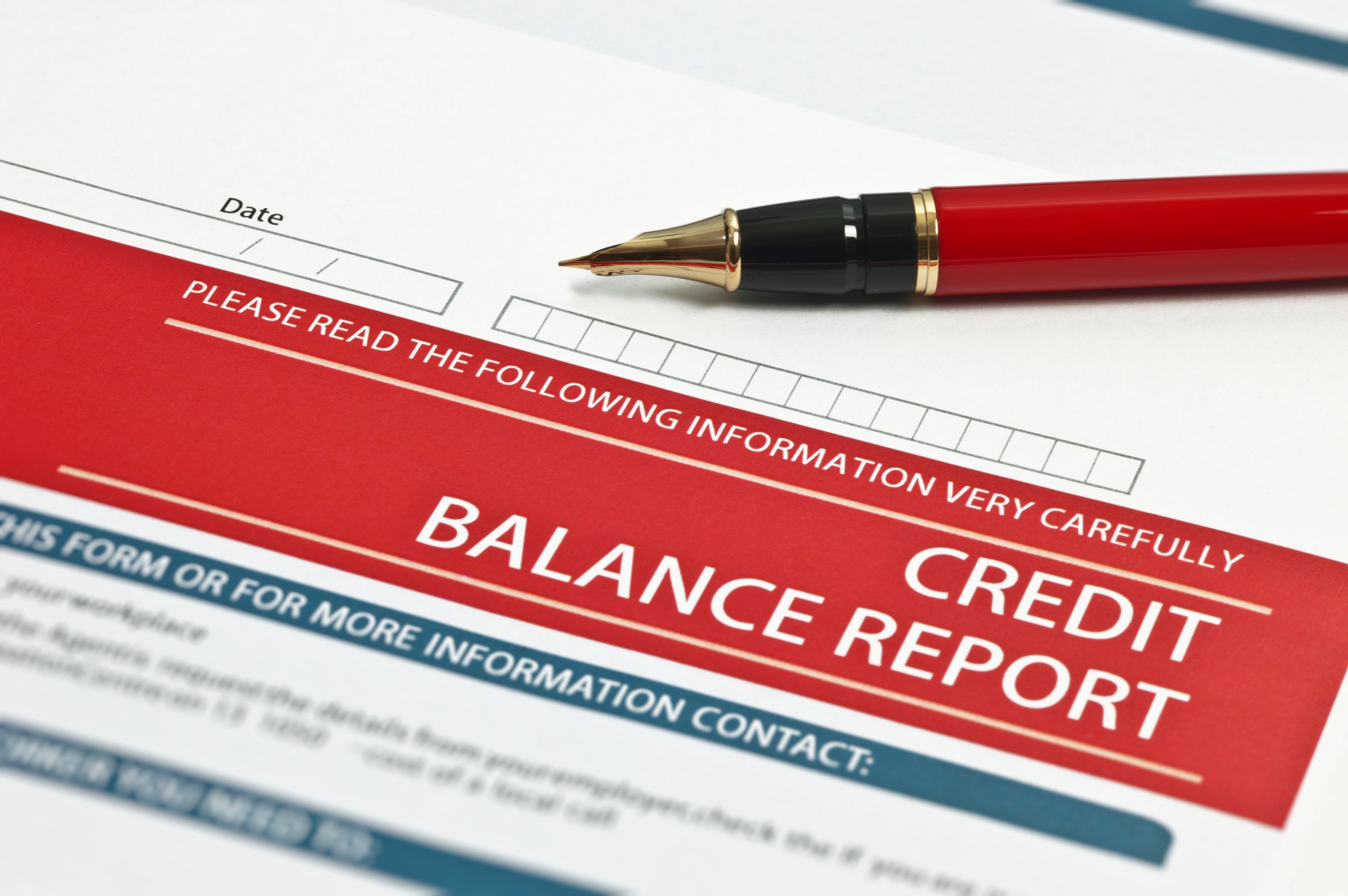
Never mind the blood pressure test: A new study finds that you can tell how healthy someone’s heart is just by looking at their credit score.
The study, published in Proceedings of the National Academy of Sciences, finds a correlation between high credit, cognitive ability and self-control. Researchers studied health and financial data from more than 1,000 people who had been monitored since birth for nearly 40 years. They discovered that your credit does a lot more than tell a bank whether or not it should give you a loan.
Employers, insurers and even landlords regularly pull the applicants’ credit already, treating it as a proxy for a vague sort of approximation of your diligence, honesty and character. Consumer groups have raised questions about the use of credit as a way to assess things like people’s ethics, arguing that the two aren’t necessarily related.
Read More: How to Start a Side Hustle
“Credit reports were not designed as an employment screening tool,” says nonprofit group Demos. “Employment credit checks are an illegitimate barrier to employment, often for the very job applicants who need work the most.” In a survey of job-seekers, Demos found that one in seven people with blemished credit said that they’d been denied a job as a result.
But scientists insist the link is real and they have the proof to back it up. “What it comes down to is that people who don’t take care of their money don’t take care of their health,” study leader Terrie Moffitt says in a statement.
At least some of the factors that influence both health and credit have deep psychological roots. Moffitt’s team found about 20% of the correlation between credit scores and cardiovascular health can be attributed to attitudes and behaviors that are either innate or ingrained very early — the attributes in question were all observed before the participants were 10 years old.
On one hand, it makes sense that someone who exercises poor impulse control when it comes to their diet or fitness regimen might be similarly lackadaisical about their finances, but this doesn’t mean that hard-wired personality traits doom you to poor health and poor credit. Social scientists say they hope the knowledge can lay the groundwork for people to make positive changes in their lives.
“It provides hope that early life intervention can impede the development of life-long patterns of illness and financial struggle,” says Lamar Pierce, an associate professor of organization and strategy at Washington University in St. Louis, who was not involved in the study.
More Must-Reads from TIME
- Cybersecurity Experts Are Sounding the Alarm on DOGE
- Meet the 2025 Women of the Year
- The Harsh Truth About Disability Inclusion
- Why Do More Young Adults Have Cancer?
- Colman Domingo Leads With Radical Love
- How to Get Better at Doing Things Alone
- Michelle Zauner Stares Down the Darkness
Contact us at letters@time.com